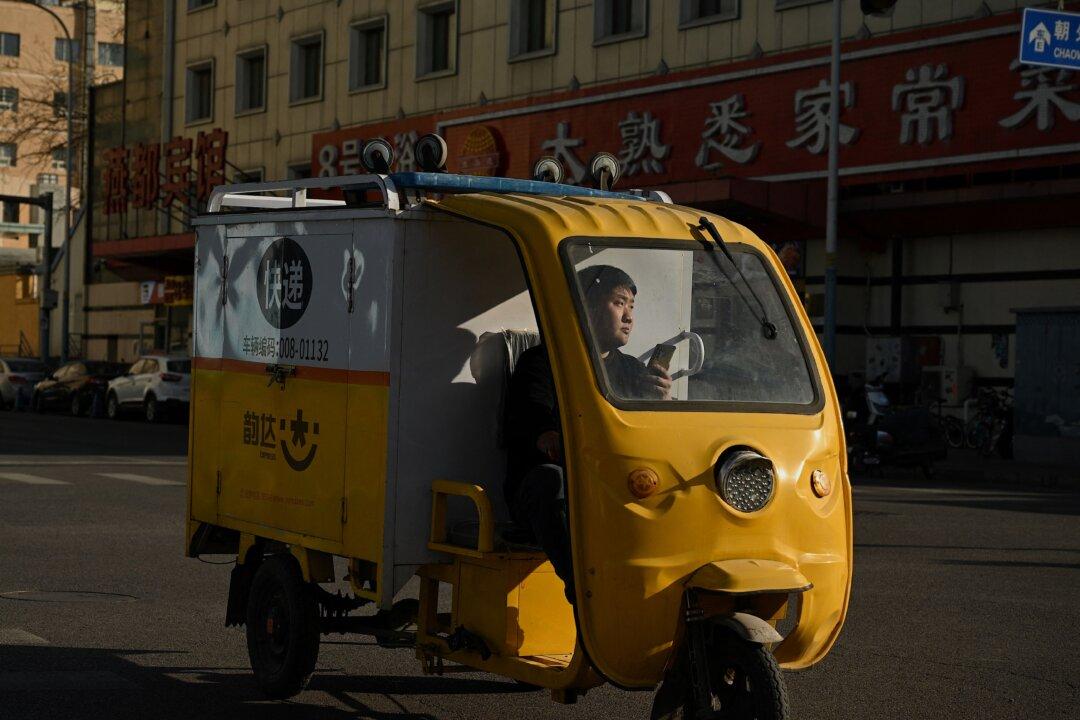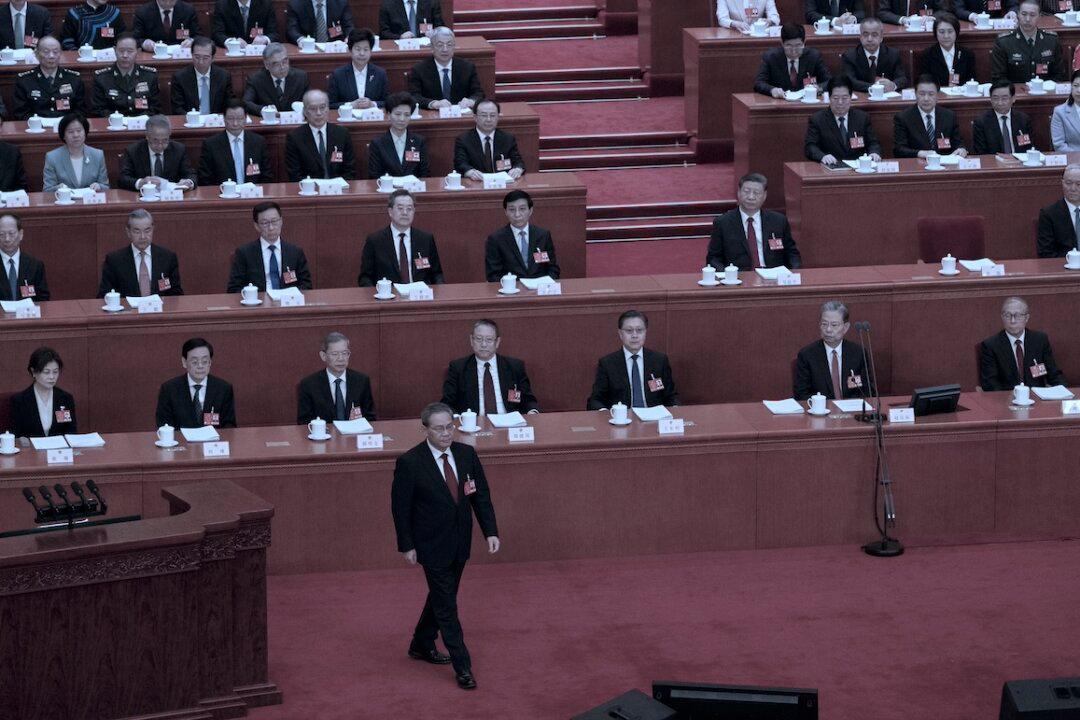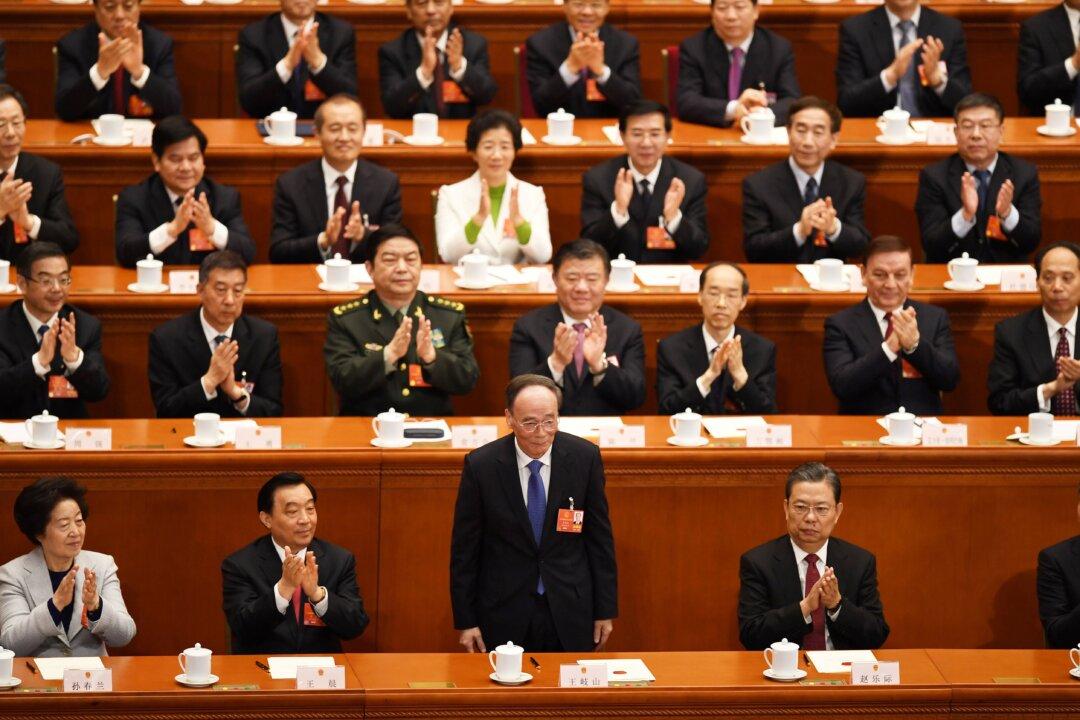Between May 20 and 23, nearly 1,000 self-employed deliverers gathered at various logistic spots of Meiqiduo Company, the sole liquefied petroleum gas (LPG) distributor appointed by the Changsha authorities months ago, in protest against industry monopolization.
In Changsha, the capital of central China’s Hunan Province, a considerable number of residents, restaurants, and vendors in remote areas still use LPG, as the installation of natural gas pipelines has covered only urban areas since 2005. There are about ten LPG distributors in Changsha, and self-employed gas delivery workers are contracted by these companies to earn 20 yuan (about $2.76) for each tank of LPG delivered to a customer. Delivery drivers are required to supply their own vehicles and tools.




